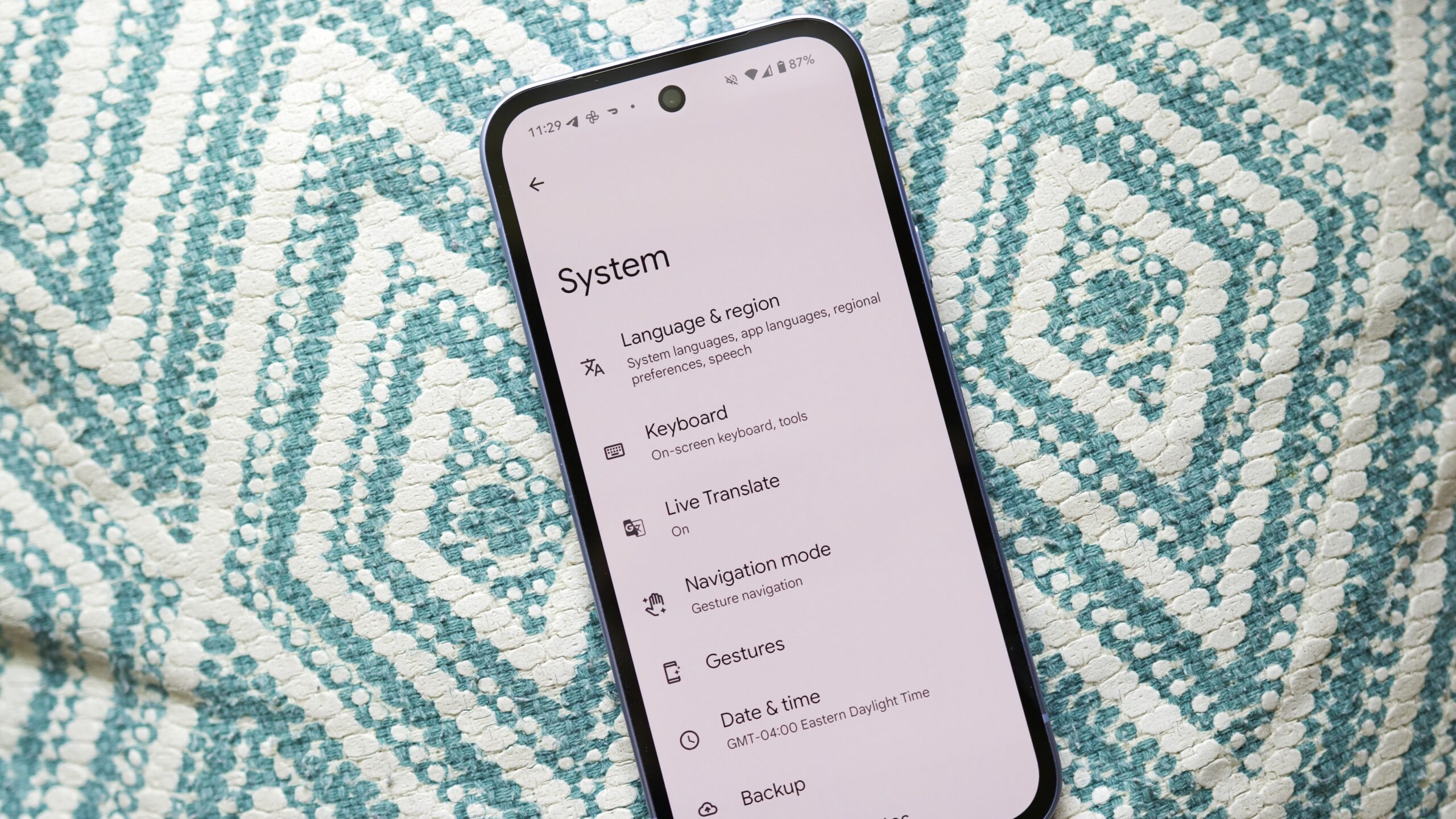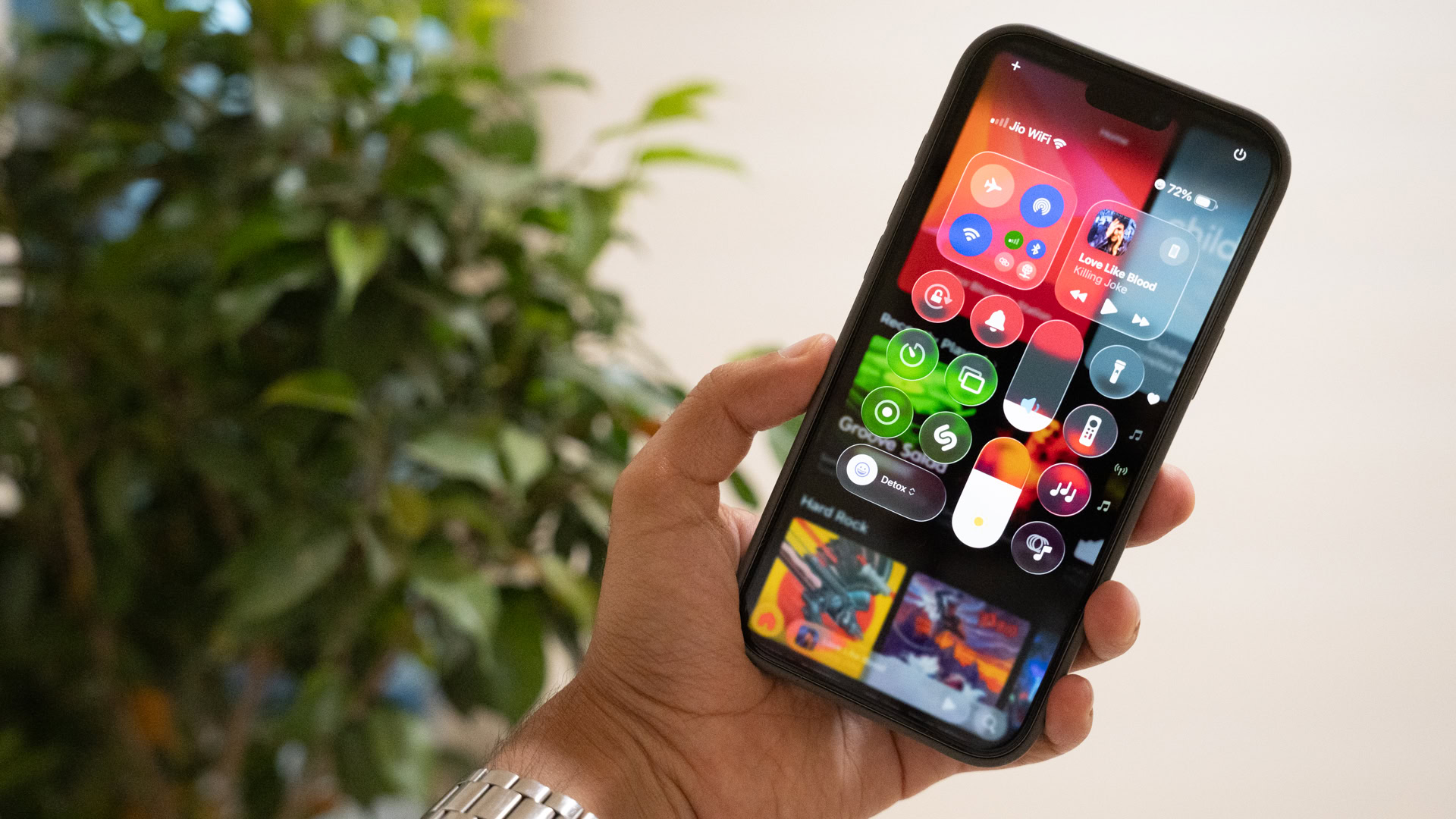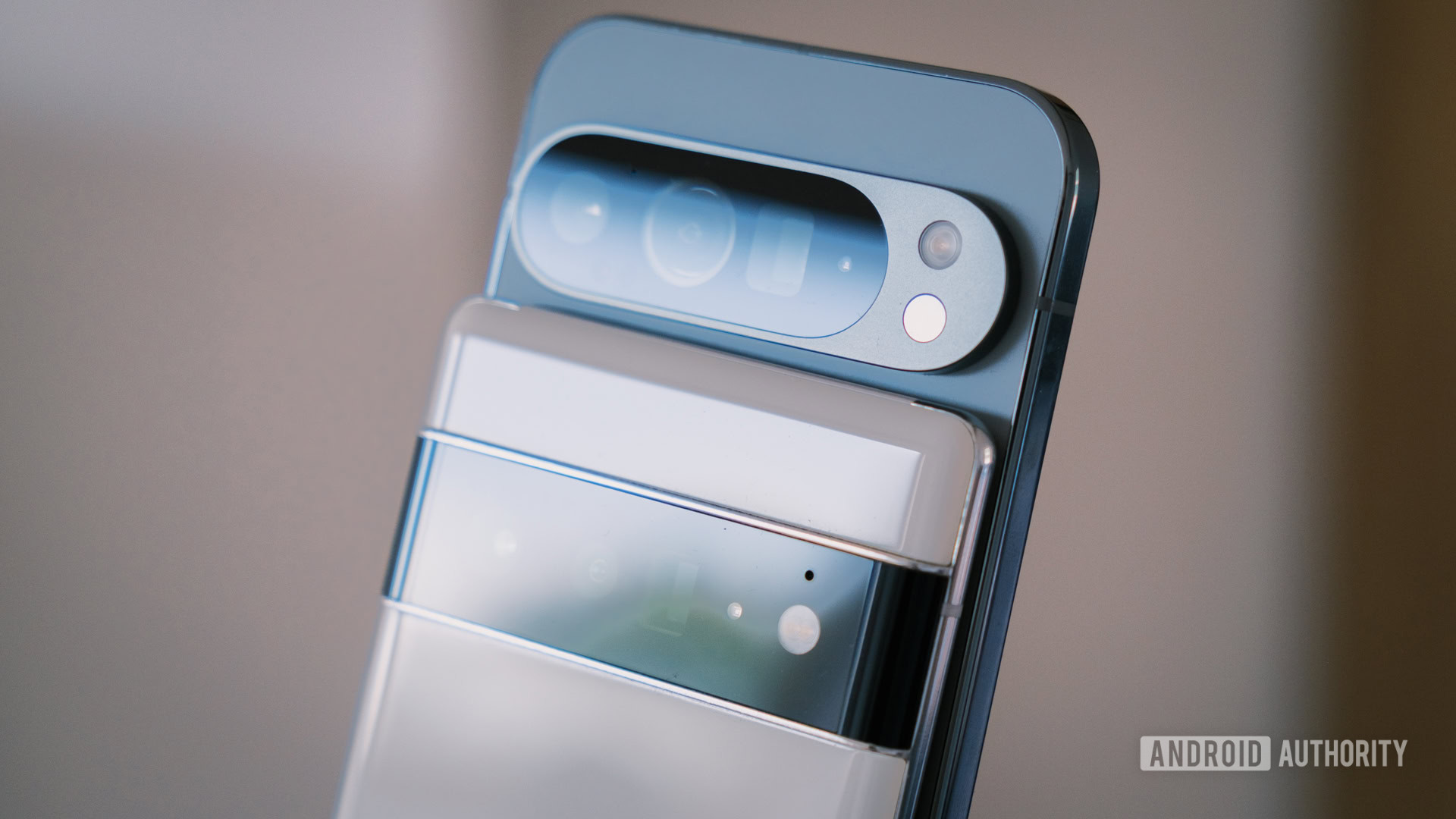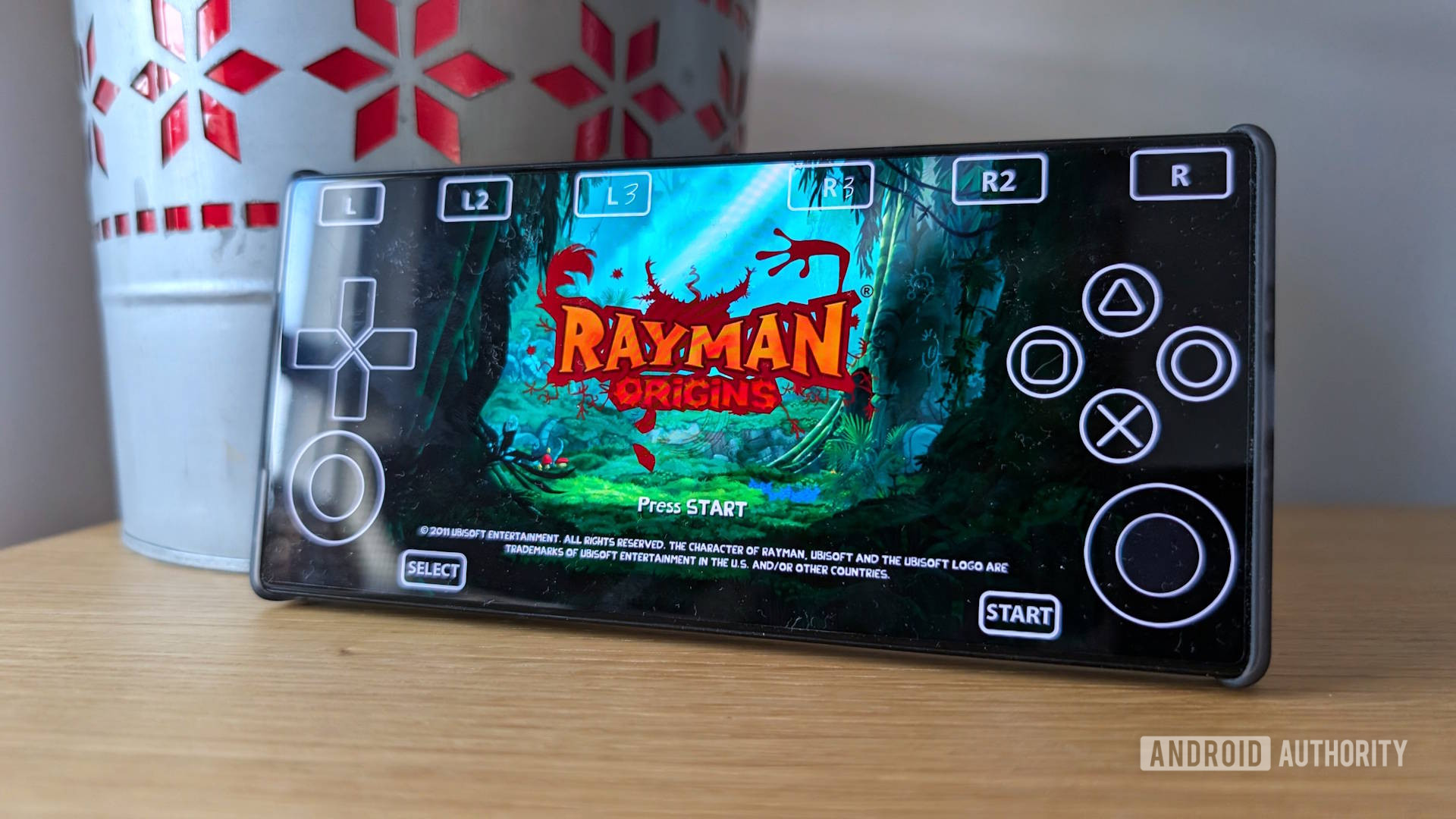Affiliate links on Android Authority may earn us a commission. Learn more.
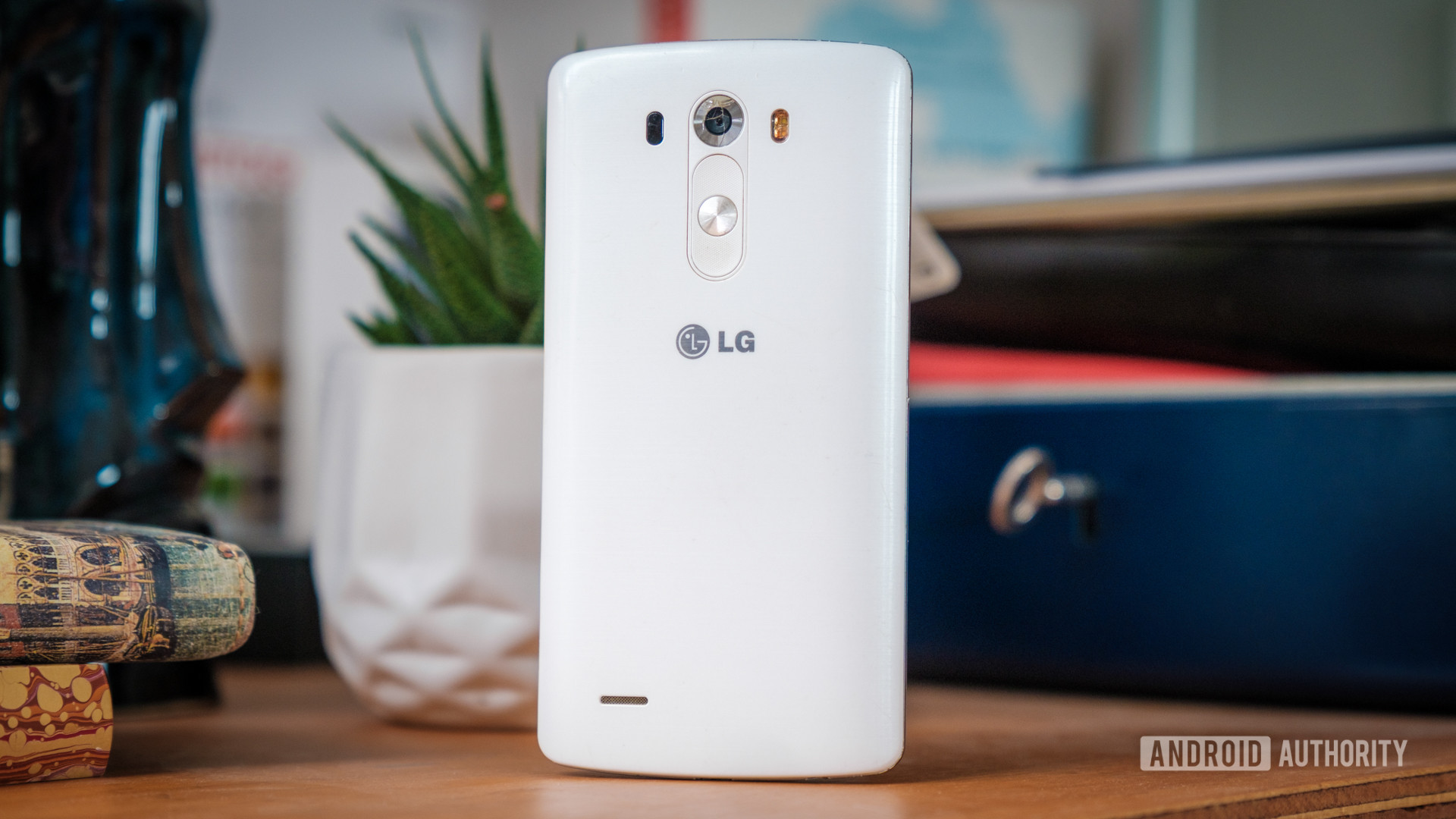
Features
Early 2010s Android phones were the golden era, you can’t change my mind
0

Features
I live between Android, Windows, iPhone, and Mac, and it’s pure chaos
0


Reviews
After a week with the Nintendo Switch 2, these are the 4 things I love and 3 I don’t
0
Top stories
In case you missed it
More news
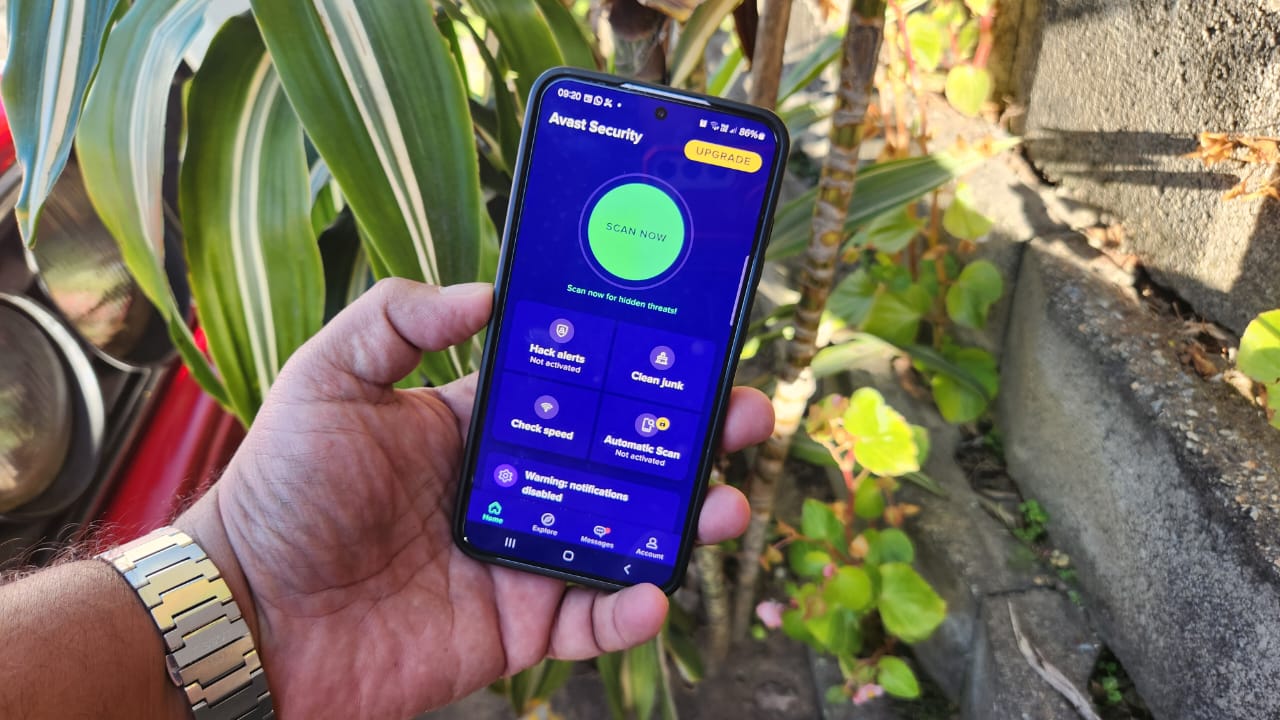
Saeed WazirJune 13, 2025
0
5 apps I install on every new phone
The best new Android apps and games for June 2025
Andy WalkerJune 2, 2025
0

Here are 15 of my favorite Google Pixel wallpapers of all time
Mitja RutnikJune 1, 2025
0
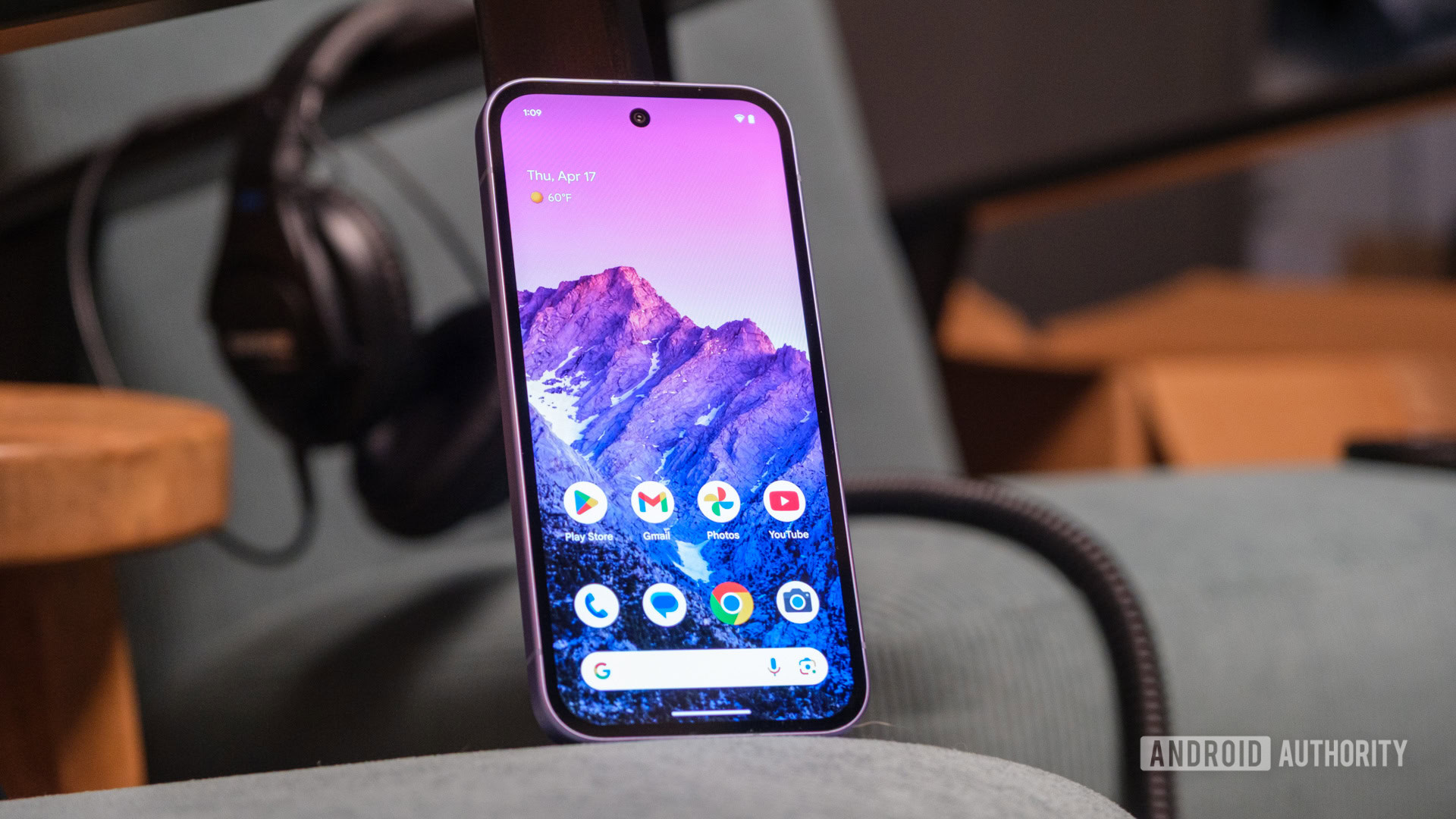
Do any prepaid US carriers offer truly unlimited data? Well, it depends on how you define it
Andrew GrushMay 30, 2025
0

The best use cases for each ChatGPT model
Andrew GrushMay 29, 2025
0
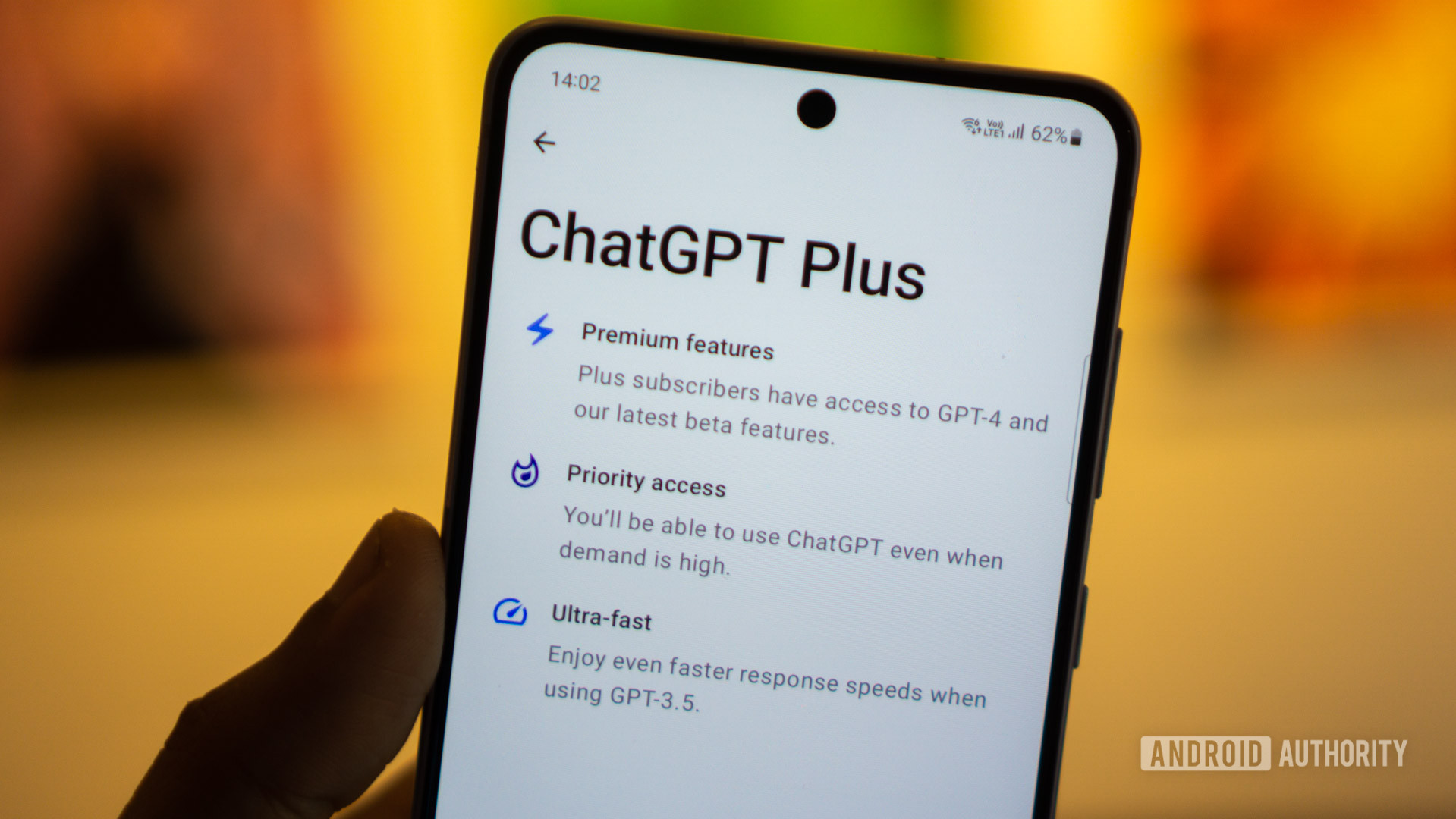
Samsung snuck in a surprise for its latest SmartThings app update
Ryan McNealJune 13, 2025
0
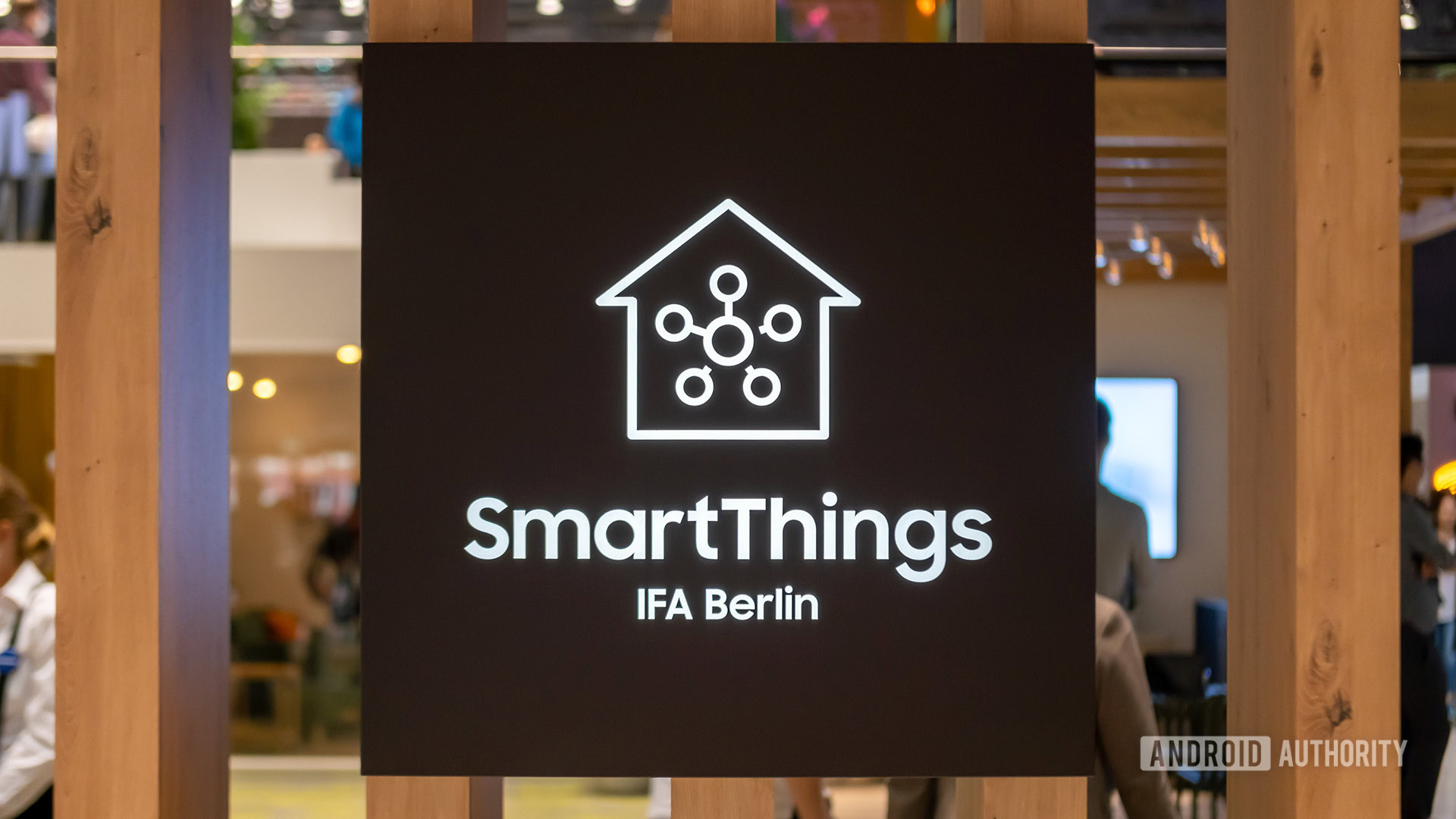
Magic Cue on the Pixel 10 sounds like Pixel Screenshots on steroids
Stephen SchenckJune 13, 2025
0

Anker is recalling a million power banks due to fire risks, here's how to check and return yours
Ryan McNealJune 13, 2025
0

16 years later, iOS 26 finally catches up to Android for custom ringtones
Aamir SiddiquiJune 13, 2025
0

5 apps I install on every new phone
Saeed WazirJune 13, 2025
0

First look: The Pixel Camera is next to get a Material 3 Expressive redesign (APK teardown)
Hadlee SimonsJune 13, 2025
0
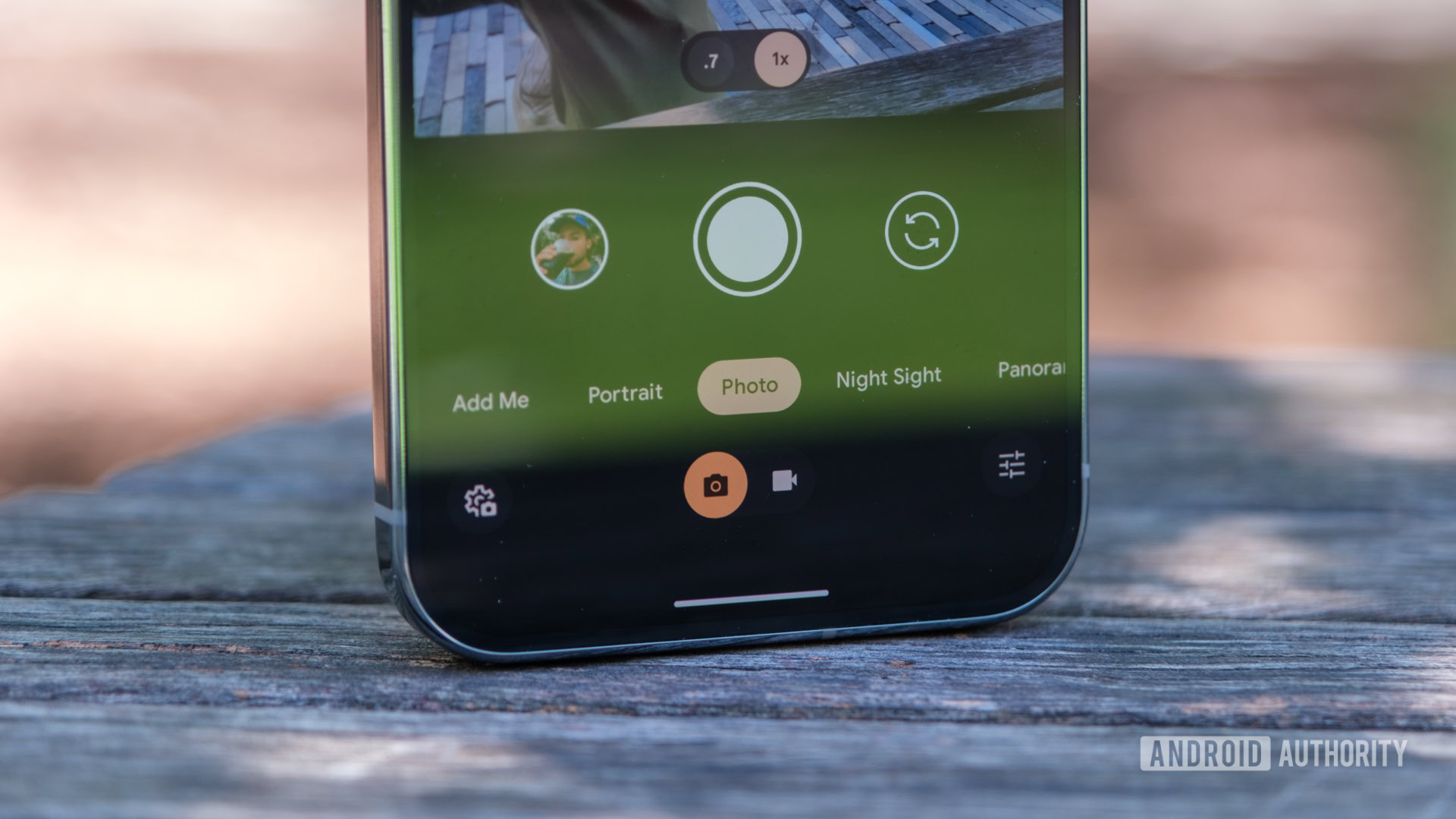
Google Home's latest bug: Setting an alarm for this time is nearly impossible
Aamir SiddiquiJune 13, 2025
0
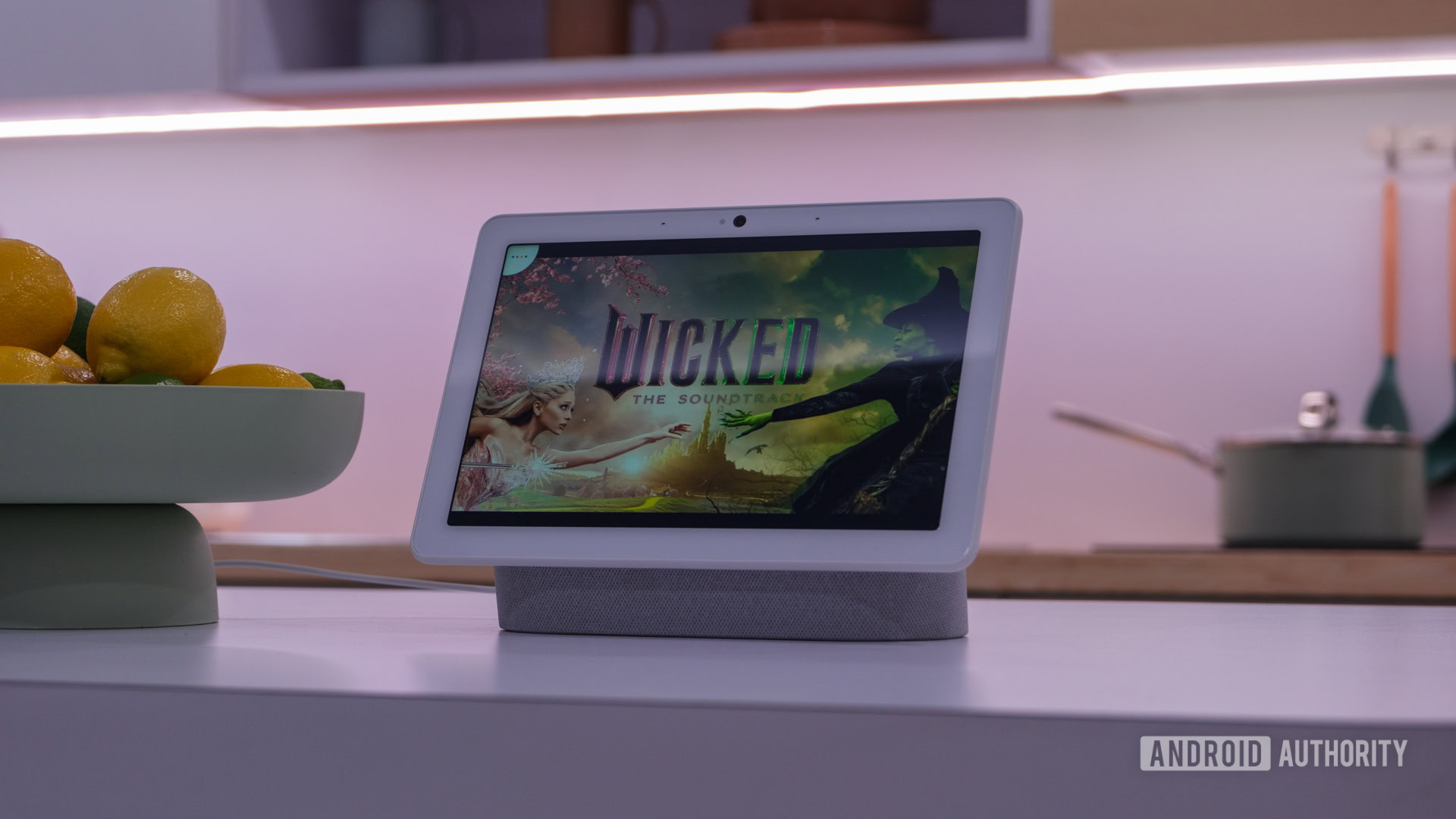
Pixel Camera update may have killed this handy sharing feature
Hadlee SimonsJune 13, 2025
0

Has the Pixel battery drama ruined your perception of Google’s phones?
Andy WalkerJune 13, 2025
0

Your Wear OS smartwatch will now warn you when an earthquake is about to happen
Mishaal RahmanJune 12, 2025
0

